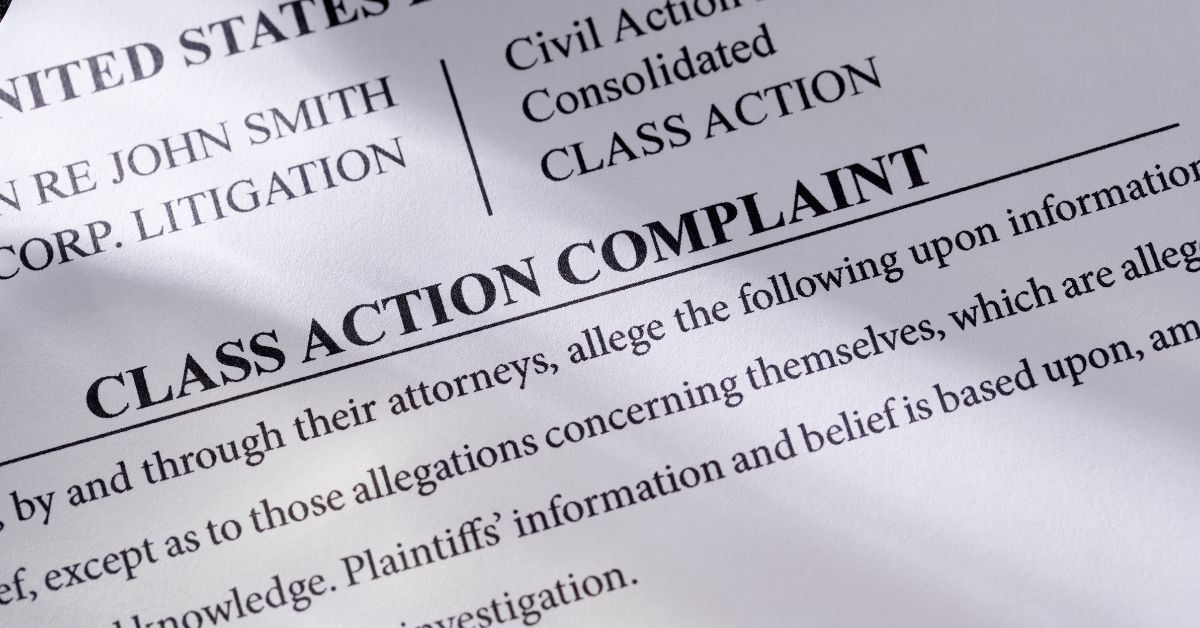How To Check If A Driveway Is Legal
How To Check If A Driveway Is Legal Introduction: When you’re in the market for a new home, encountering a property with a shared driveway can raise questions and concerns. In this comprehensive guide, we’ll delve into the intricacies of shared driveways and address the key queries you might have as a potential homebuyer.
Understanding Shared Driveways: Homebuyers often wonder how shared driveways function and whether they might encounter difficulties when selling such a property in the future. Let’s explore these aspects in detail.
Shared Driveway Basics: For most homebuyers, homeownership signifies independence. The prospect of sharing access to your new home with others might initially seem unsettling. However, shared driveways are relatively common, especially in rural settings.
As a buyer, your task is to assess whether the shared driveway arrangement aligns with your needs and preferences. Over the years, numerous homes with shared driveways have been successfully sold, proving that it’s manageable.
Shared Driveway vs. Common Driveway: It’s worth noting that the terms “shared driveway” and “common driveway” are often used interchangeably, and they essentially mean the same thing.
Defining a Shared Driveway: A shared driveway refers to a situation where two or more parties jointly use the same driveway. It is essential to establish a shared driveway agreement outlining each party’s legal rights and responsibilities to avoid potential disputes.
Key Considerations for Shared Driveways: Before committing to a property with a shared driveway, you should carefully weigh the pros and cons:
Pros of Shared Driveways:
- Cost Sharing: Maintenance and repair costs are typically divided among all users.
- Snow Removal: In regions with snow, users often share snow removal expenses.
- Disaster Assistance: If a significant issue arises, such as flooding or damage, you can collaborate with others to resolve it.
Cons of Shared Driveways:
- Rules and Restrictions: Some rules may limit your use of the driveway, such as restrictions on vehicle repairs or parking.
- Guest Parking: Limited parking space on your property may restrict guest parking options.
- Disagreements: Shared driveways can sometimes lead to disagreements with neighbors, which can affect your comfort and convenience. These disputes might extend beyond driveway issues, impacting your overall relationship with neighbors.
Shared Driveway Laws: Although shared driveways should ideally adhere to certain legal principles, this isn’t always the case. Understanding your legal rights and responsibilities is essential. Review property owner’s title insurance policies and property surveys to clarify any shared driveway arrangements.
Shared Driveway Easements: A shared driveway may be governed by a separate driveway easement agreement, specifying the location and usage rights for each party. Property easements grant legal rights to use another person’s land for specific purposes, such as utility access or driveway usage. These easements often lack time limitations and offer continued use and access rights.
When Recorded Easements Are Absent: In cases where no recorded driveway easement exists, legal actions, such as claims for adverse possession or prescriptive easement, may be pursued to secure continued driveway usage. These actions require demonstrating years of use and the necessity for ongoing access.
Read More : How To Cancel Legal Shield
Establishing Rules and Agreements:
Many shared driveway issues can be mitigated by establishing clear rules and agreements governing shared property use. Written rules may be included as covenants on property deeds or recorded as easements on subdivision plans.
Your Role as a Homebuyer: When considering a property with a shared driveway, your primary responsibility, along with your real estate agent, is to ascertain the existence and details of any rules or agreements regarding the shared driveway. Request documentation and review survey maps to understand ownership and usage rights.
Consult with Legal Experts: While you can conduct some research independently, consulting a real estate attorney is advisable to ensure that the shared driveway arrangement aligns with your needs and adheres to relevant laws.
Resale Value Implications: It’s crucial to consider how the shared driveway might impact your property’s resale value. Consult with local real estate professionals to assess whether the shared driveway will affect future sales or property appreciation. Local real estate agents can provide insights and examples to help you make informed decisions.
Exploring Separation Options: In certain cases, it may be possible to separate a shared driveway, especially if each party can access their property independently. Check local zoning bylaws and consult professionals to explore the feasibility of this option.
Read More : What Rifles Are Legal To Hunt With In Lower Michigan
In Conclusion:
Shared driveway problems are often minimized or eliminated by implementing legal agreements and rules governing shared property use. Prioritize obtaining comprehensive information and legal documentation to ensure a smooth homebuying experience. While shared driveways can present challenges, they can be managed effectively with proper planning and legal guidance.





